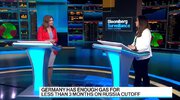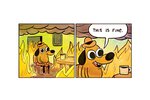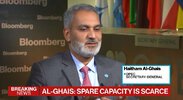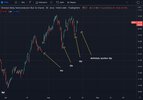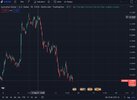over9k
So I didn't tell my wife, but I...
- Joined
- 12 June 2020
- Posts
- 5,311
- Reactions
- 7,567
Here's an absolutely beautiful screencap, a perfect summary of the state of the oil market currently:
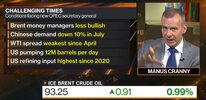
The entire supply side is stacked in america's favour with the demand side having nowhere to go but up (eventually, after china gives up on their lockdowns or whatever they end up doing).
This is why I'm so bullish on U.S energy companies going forward.

The entire supply side is stacked in america's favour with the demand side having nowhere to go but up (eventually, after china gives up on their lockdowns or whatever they end up doing).
This is why I'm so bullish on U.S energy companies going forward.

